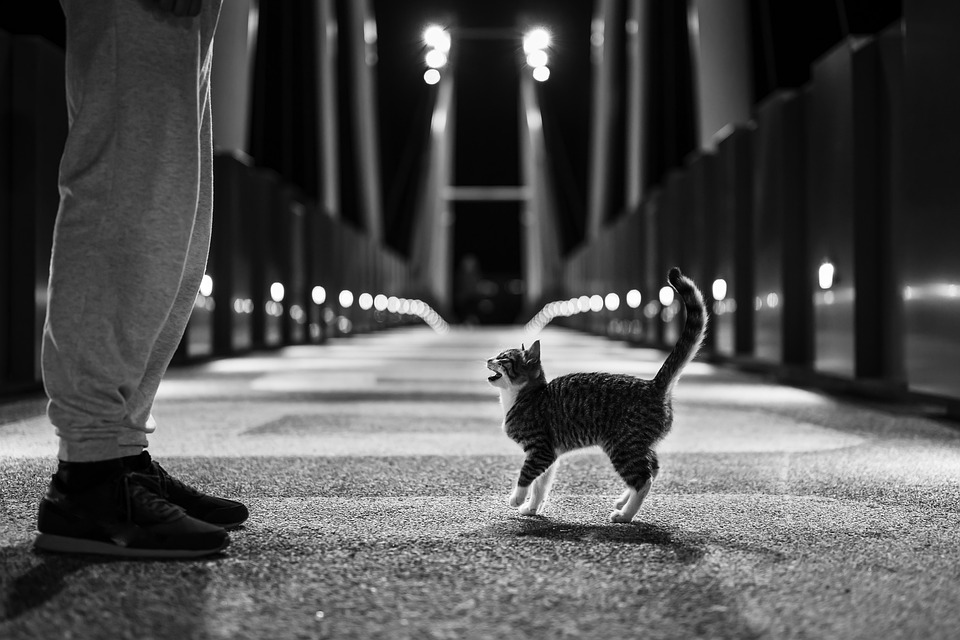Headbutting, also known as bunting, is a behavior commonly seen in cats. It is a way for them to communicate, mark their territory, and express affection towards their human companions. Understanding the meaning behind headbutting can help strengthen the bond between cats and their owners.
One of the reasons cats headbutt is to mark their territory. Cats have scent glands on their heads, particularly around their cheeks and forehead. When a cat headbutts an object or a person, they are leaving behind their scent. This is their way of claiming ownership and marking their territory. If your cat headbutts you, it is a sign that they see you as part of their family and want to leave their scent on you.
Headbutting is also a gesture of bonding and affection. By rubbing their head against you, cats are mixing their scent with yours, creating a shared scent. This act of mingling scents is a bonding ritual in the feline world, reinforcing the emotional connection between cat and human. It is their way of expressing love and affection towards their owners.
In addition to marking territory and expressing affection, headbutting serves as a form of social communication among cats. When two cats headbutt each other, it is a way for them to greet and acknowledge one another. Similarly, when a cat headbutts you, they are treating you as part of their social group. It is a signal that they feel comfortable and secure in your presence.
While headbutting is generally a positive behavior, there can be instances of aggressive headbutting. This can occur if a cat is feeling stressed, anxious, or in pain. If your cat’s headbutting behavior becomes forceful or is accompanied by other signs of aggression, it is important to consult with a veterinarian or certified animal behaviorist to rule out any underlying medical issues or behavioral problems.
Excessive headbutting can also be a sign of attention-seeking behavior. While it is adorable to receive affection from your cat, it is important to set boundaries. Encourage alternative ways of showing affection, such as gentle petting or interactive play sessions. This will help maintain a healthy balance in your relationship and prevent overwhelming demands for attention.
Although headbutting is primarily associated with cats, other animals like goats and sheep also exhibit similar behavior. However, the meaning behind headbutting may differ among species. In cats, it is predominantly a sign of love and bonding.
Understanding the significance of headbutting in affectionate relationships with cats can deepen our connection with these fascinating creatures. By recognizing headbutting as a form of communication, scent marking, and affection, we can respond appropriately, strengthening the bond between ourselves and our feline friends. So, next time your cat gives you a gentle headbutt, cherish the moment, knowing that it is their way of saying, “I love you.”








